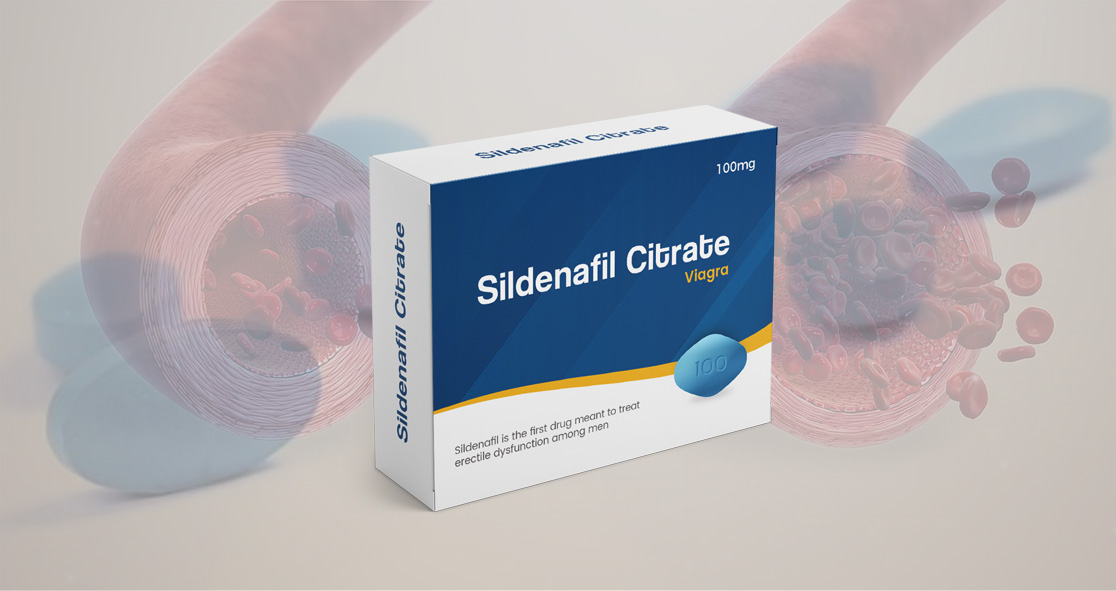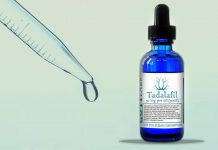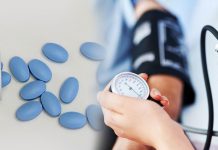Sildenafil (Viagra) is one of the widely prescribed drugs for men diagnosed with Erectile Dysfunction (ED), a common sexual problem that affects more than 80 million men in the United States.
The discovery of sildenafil has been a boon to men who suffer from ED, which is characterized by the inability to attain or sustain an erection hard enough for sex. ED is a relatively common problem among patients who have underlying cardiovascular issues.
Sildenafil belongs to the class of drugs called phosphodiesterase type 5 (PDE5) inhibitors. PDE5 inhibitors, as the name suggests, blocks the secretion of PDE5 enzyme in the body to stop the degradation of another enzyme called cyclic Guanosine Monophosphate (cGMP).
With this action mechanism, the body releases a chemical called nitric oxide, which relaxes muscles and dilates blood vessels. Nitric oxide is a mediator of vasodilation in blood vessels. In the penile organ, this action facilitates an erection, proving that sildenafil is an effective treatment for ED.
So, yes, sildenafil does have some vasodilator effect on the body.
Studies have even found that some men who use sildenafil experience side effects such as headache and flushing, which are nothing but the vasodilator effects of sildenafil. Also, some men have a small decrease in blood pressure after taking sildenafil, which is again a vasodilator effect of the drug.
A 2013 study, published in the American Journal of Hypertension, found that sildenafil increased sympathetically mediated vascular tone in middle-aged healthy men. The study explained that vasodilation during PDE-5 inhibition by sildenafil could decrease blood pressure.
The vasodilator effect of sildenafil is the reason why doctors do not advise the drug to men who are undergoing treatment with nitrates or alpha-blockers.
Nitrates are prescribed for chest pain or angina, while alpha-blockers are recommended to patients with hypertension.
Taking sildenafil along with nitrates or alpha-blockers increases the risk of severe hypotension (low blood pressure), requiring immediate medical attention. The combination of these drugs could decrease your blood pressure to a potentially dangerous level.
Sildenafil causes a modest reduction in blood pressures due to its vasodilator effect, with peak effect evident after an hour of the dosage and the effect getting eliminated after 4 to 5 hours after the dosage.
Research has found no significant effects of the drug on heart rate. The hypotensive effect of sildenafil is neither age-dependent nor dose-related. It rarely results in reports of orthostatic effects. The bottom line is sildenafil does produce vasodilation that eventually improves blood circulation, treating ED and pulmonary arterial hypertension. In addition, the drug has been found to boost vascular tone.























